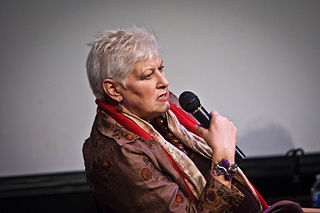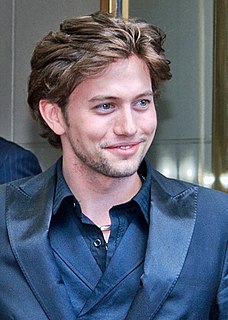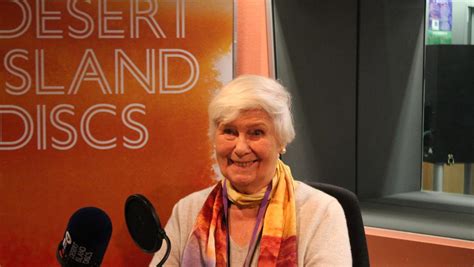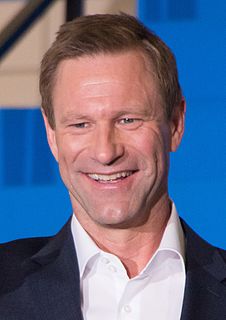A Quote by Ann Nocenti
Green Arrow was a very complicated character to take on because he has archaic weaponry. Catwoman, I think is more of a simple archetype to grasp, so it will be about nuance. But I think you need three or four issues before you say, 'Ah ha! Now I really know how to write this character!' You're carrying them around with you.
Related Quotes
When you are writing, you have to love all your characters. If you're writing something from a minor character's point of view, you really need to stop and say the purpose of this character isn't to be somebody's sidekick or to come in and put the horse in the stable. The purpose of this character is you're getting a little window into that character's life and that character's day. You have to write them as if they're not a minor character, because they do have their own things going on.
The first thing that happens is the cleansing of the former character. I don't think a lot of actors talk about it, but there is usually a process where you essentially purge yourself of the character played prior to the movie. Then you want to think about what the character represents, and you write down all of the elements about this character and then take the time to find some synchronicity and start breathing the character.
Well, I don't know anything about television. I'd never done it before. Initially, it was quite daunting to take on so much challenge and so much time with it. I think it is a great outlet for an actress because you really have 13 hours to bring a character to life, which is so much more than with film, and you have the luxury of time to tell a story and to really color a character.
The way we treat people we think can't help or hurt us - like housekeepers, waiters, and secretaries - tells more about our character than how we treat people we think are important. How we behave when we think no one is looking or when we don't think we will get caught more accurately portrays our character than what we say or do in service of our reputations.
I just really like the characte [Jasper Hale], and I love the story [Twiglight], I think it's a very strong character and I respect him. It's interesting; I respect the character that I play. I don't understand it, but I do. That's a good thing. I think so, I think so. I never felt like that before with a character.
When you choose the sword over a gun, just like Green Arrow chooses an arrow over a gun and Catwoman chooses a whip over a gun, you have to be highly skilled and highly trained. I can grab Green Arrow's bow, but I'm not strong enough to shoot it. I can grab Catwoman's whip, but have you ever tried to whip a whip? It's not easy.
I have done scenes as Harvey Two-Face. It's interesting. I won't tell you exactly what we're going for, but I think that I can say that it will use all of today's technology to create this character. He's going to be interesting, and I think that's what makes this character important in the movie-you get to see him as he was before, as in the comic books. Harvey is a very good guy in the comic books. He's judicious. He cares. He's passionate about what he loves and then he turns into this character. So you will see that in this film.
I actually take images of things and put them up around the wall and in a room. I set a room aside. It might be colors, it might be animals, or energy and words. And I'll just leave it there, so it begins to work on my subconscious when I think about the character. Which gives me some latitude to be really flexible and spontaneous but within the context of the character and the world of the character without having to think about it. Or I'll look at something or read something and let it work on my subconscious mind.
































